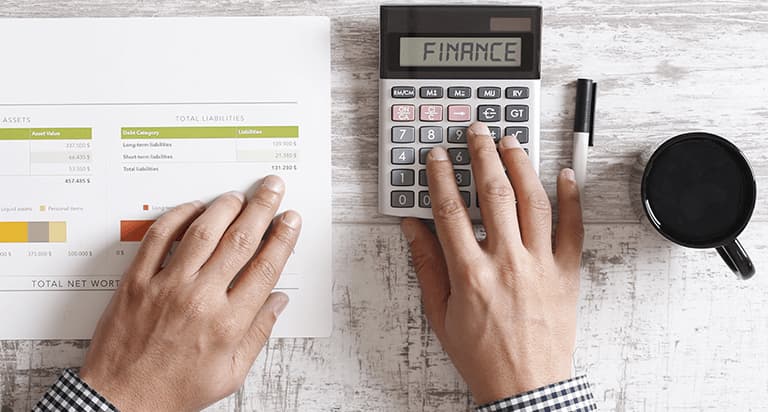What is a Credit Bureau?

Do you know what credit bureaus do?
Reading time: 3 minutes
Highlights:
-
The two nationwide credit bureaus do not make lending decisions
-
Credit bureaus receive information from your lenders, creditors and others
-
Some creditors report to both bureaus, but some may report to only one – or none at all
A credit bureau (sometimes referred to as a consumer credit reporting agency) is a company that collects and compiles information regarding your credit history from banks, other financial institutions, and various other bodies such as courthouses and the Office of the Superintendent of Bankruptcy. There are two major consumer credit bureaus in Canada – Equifax and TransUnion – that compile this information in the form of a credit report and provide it to banks and other lenders as one of the ways to help assess your creditworthiness. Let’s take a closer look at how credit bureaus work.
Do the two major credit bureaus make lending decisions?
A frequent misperception about the two major credit bureaus is that they make lending decisions. While credit bureaus collect credit information from creditors and lenders that you have accounts with in order to make it available to certain third parties in the form of a credit report, the decision to deny or approve someone for a credit request ultimately lies with the lender or creditor. Each lender and creditor may have its own criteria for denying or approving credit requests.
Where do credit bureaus get their information?
Credit bureaus have different sources for collecting information, and not all creditors and lenders report to the two major credit bureaus. This means that each of your credit reports may contain different information. Creditors keep the credit bureaus updated with your account status and payment history — two factors that contribute to your credit scores.
Speaking of credit scores, there are many different credit scoring models used by credit bureaus and other entities. As a result, your credit score may vary depending on the model used to calculate it — even if all of your creditors report to both credit bureaus.
In addition, while many creditors report to both major credit bureaus, some creditors may report to only one or none at all.
What type of information gets reported to credit bureaus?
Credit bureaus collect the following types of information:
- Personal information, such as your name and address
- Credit account information, also known as “tradelines”
- Inquiry information
- Public record and collections information
It’s important to note that some companies may take these factors and others into consideration when evaluating your application for credit.
How is your credit information used?
Most people are aware that banks and credit card companies leverage information provided by credit bureaus to make certain types of lending decisions about you. But, other companies with permissible purpose can also pull a copy of your credit report.
Upon request, credit bureaus can also provide information to banks and insurance companies to help these companies identify consumers who can potentially take advantage of specific products. This is part of how pre-approved credit card and mortgage refinance offers work.
Can you request a free copy of your credit report?
You have the right to request free credit reports from each of the major credit bureaus. At Equifax, you can request a free copy of your credit report by phone, mail, fax, or in person. Regularly reviewing your credit report is important for many reasons, including ensuring accuracy of your information. Information that is inaccurate or incomplete could impact your credit scores, and if there is information you don't recognize, it could be a sign of potential identity theft.
What should you do if you find inaccurate or incomplete information on your credit report?
If you find inaccurate or incomplete information on your Equifax credit report, or information you don't recognize, you can file a dispute over the phone, via mail, or fax. If you believe the error could indicate potential fraud or identity theft, be sure to indicate that when you file a dispute, and be sure to contact the company that reported the information as well.
With Equifax CompleteTM Premier, we monitor your credit report and score to help you spot signs of fraud. And if your identity is stolen, we'll help you recover.



